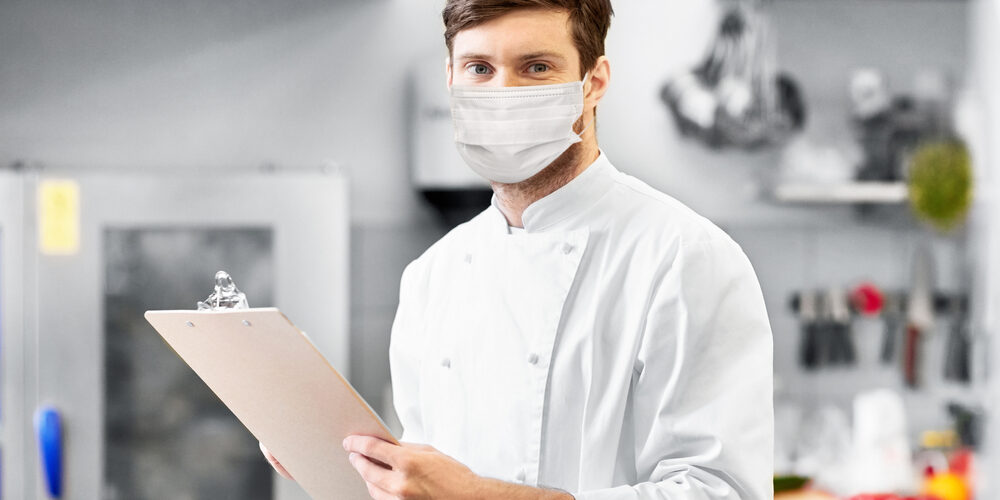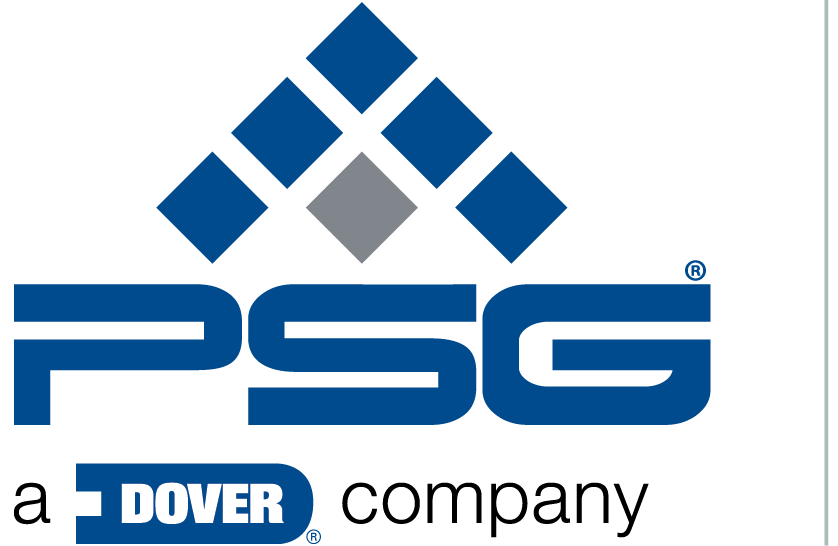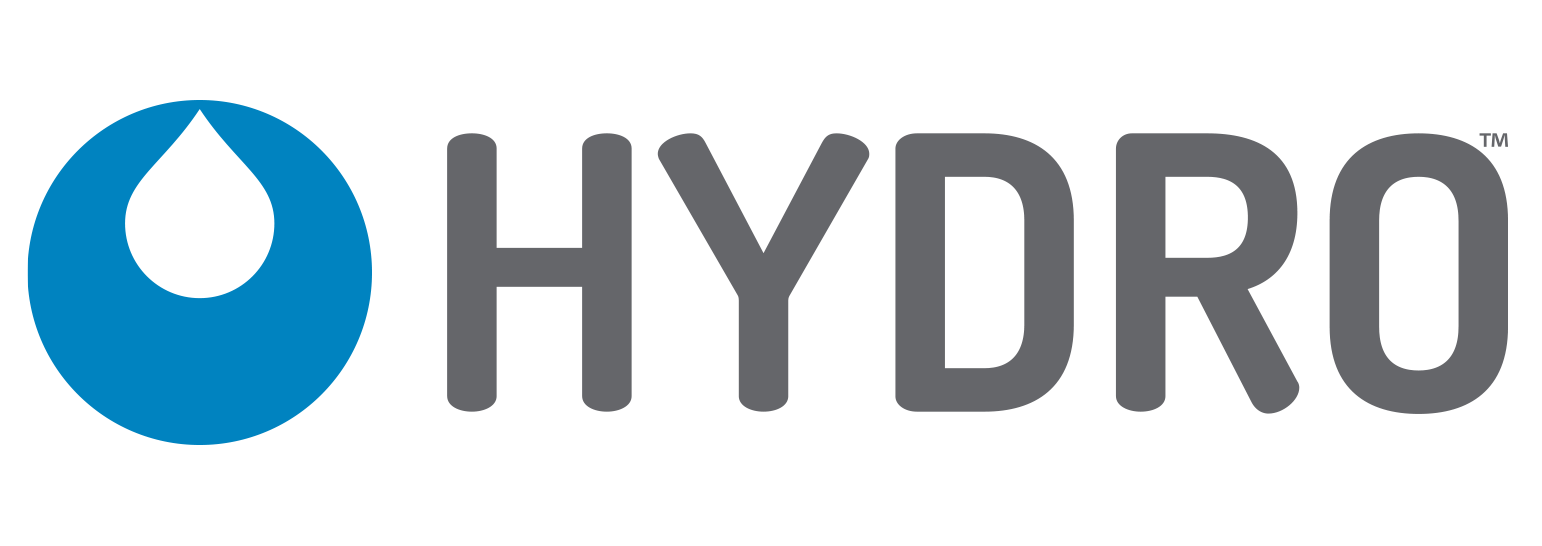Blog: How to use Data to Run Your Business Better

The Internet of Things (IoT) has transformed many different business sectors and processes, and has even infiltrated our daily lives as consumers. Many organizations are using the IoT to handle things like inventory management, predictive maintenance and even safety and security. The IoT can even support cleanliness in environments such as industrial laundry facilities, hotels, restaurants, hospitals and more. Read on to learn more about how smart chemical dispensers function and how the data they provide enables business owners to more easily manage their operations.
Successfully Using Smart Chemical Dispensers
Chemical dispensers are instrumental for properly dosing cleaning solutions to drive cleanliness in a myriad of environments. Today, connected dispensers powered by the IoT take cleanliness to the next level.
For example, connected laundry dispensers are well suited for both industrial operations or on-premise laundry programs in places like hotels and healthcare facilities. These dispensers share information related to the number of loads processed, the volume of chemical and water used, abnormal conditions and more, all with the goal of making laundry programs more effective, profitable, sustainable and safe. Laundry managers report that such dispensers help them stay on-top productivity during off-shifts, eliminate trips to gather reports and ensure that the right mix of formulas are being run.
Meanwhile, smart warewashing dispensers oversee the glassware, utensils and dishes that foodservice operations rely on daily. Commercial entities like restaurants as well as non-commercial foodservice settings like those in hospitals, office buildings, long-term care facilities and schools can make use of these dispensers to track wash temperatures, machine run times and chemical dispense rates to reduce the risk of food-safety non-compliances.
When looking for an IoT-enabled dispenser, be sure to confirm that it has the following capabilities:
- Actionable reporting – Data is better when it is available in a format that is useful and in an amount of time that allows action to be taken. For example, alarms signal abnormal conditions that can drive profit loss. Getting this information promptly to a manager’s attention allows for quick course corrections to avoid larger issues.
- Historical reporting – Being able to access historical production, alarm, chemical usage and cost information is crucial. This will enable you to identify patterns and see how your processes have improved or worsened over selected time periods.
- Recommendations – Collecting data for data’s sake is not the right strategy. Look for a chemical dispenser that, in addition to providing data, also analyzes your reports and highlights recommendations you can implement to optimize cleaning results.
Anticipated Benefits of Connectivity
So, how can you use data to your advantage? There are numerous ways that your business can leverage the reports that connected chemical dispensers provide. For example, you can:
- Enhance sustainability efforts – It can be challenging for businesses to quantify their environmental progress. However, thanks to smart chemical dispensers, organizations have access to useful sustainability data related to dispensing, including chemical use, water use and energy consumption. By tracking these key resources, managers can identify where waste might be occurring and make necessary adjustments to limit resource utilization.
- Protect the bottom line – If you oversee a laundry operation, connected chemical dispensers enable you to view washer status, alerts and key productivity metrics in real-time. The same goes for restaurant managers who need to keep an eye on warewashing. Having data at your fingertips allows you to proactively identify inefficiencies that can negatively impact your profits, such as high rewash rates. Because the data is available from anywhere with an Internet connection, you can also reduce costs by making configuration adjustments remotely instead of traveling to your facility.
- Safeguard compliance – Data can highlight whether your operation is falling outside of the necessary compliance ranges, such as dishwashing temperatures that are critical for sanitation to occur. This allows you to take quick action and make changes that will bring your restaurant back into the required compliance zones. Additionally, connected solutions eliminate the need for outdated paper logs for documentation. Should you need to showcase your business’ compliance with the food code or internal standards, you can easily access reports that are safely stored in the cloud.
- Reduce downtime – IoT-enabled data can alert you to conditions that could negatively impact your equipment. When equipment breaks down, it not only requires expensive repair or replacement, but it also results in costly downtime. Your business is stalled until your equipment is up and running again. Avoid these scenarios altogether by regularly reviewing the data that’s made available by IoT dispensers to see if there are any inconsistencies that could compound into a larger problem for your equipment and your business down the road.
Data Drives Continuous Improvement
Having access to data about your business is incredibly powerful. It can help you pinpoint operational processes that are underperforming, supports preventative maintenance, enhances your commitment to sustainability and more. The IoT is not a trend that will lose steam. New innovations (like connected chemical dispensers) are regularly being launched for commercial facilities to implement, leading to an increasing number of devices under facility managers’ control.
Hydro Connect is a cloud-based Internet of Things (IoT) platform that chemical providers and end users can leverage to enhance transparency of critical business processes. For more information about IoT-enabled chemical dispensers, visit hydrosystemsco.com/product/hydroconnect/.

Customer Service and Technical Support
Call 1-800-543-7184 Monday-Friday 8am - 5pm EST











